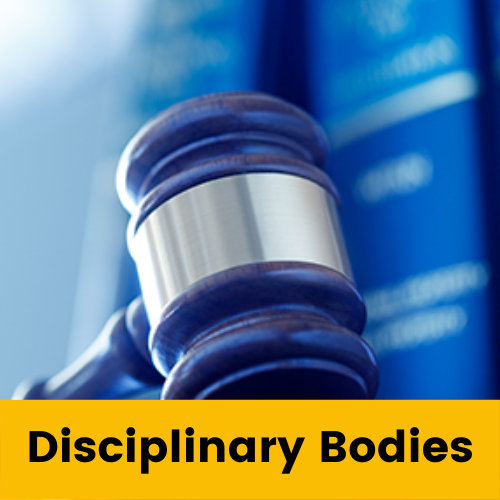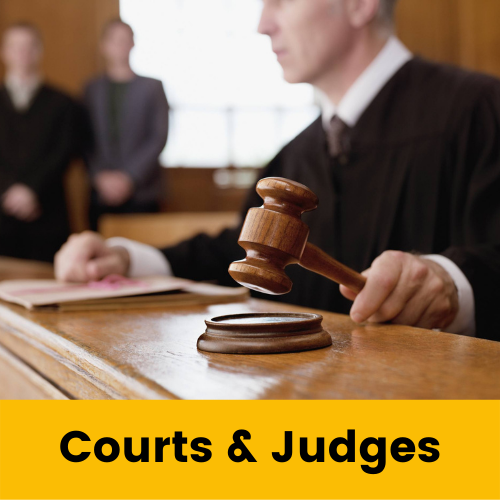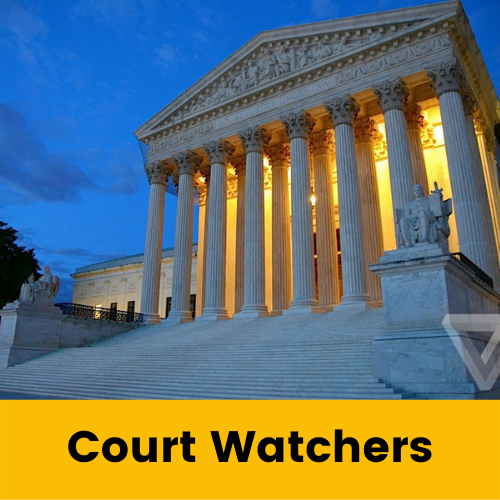It is important for courts to ensure proper disclosures because it promotes transparency and fairness in the judicial system. Proper disclosures refer to the timely and complete disclosure of all relevant information by all parties involved in a legal proceeding, including judges, lawyers, and litigants. Here are some reasons why proper disclosures are important:
Fairness: Proper disclosures ensure that all parties have access to the same information and are able to present their case in a fair and informed manner. If one party withholds information or fails to disclose relevant facts, it can create an unfair advantage and undermine the integrity of the legal process.
Accuracy: Proper disclosures help ensure that the court has accurate and complete information when making decisions. If important information is not disclosed, it can lead to incorrect or incomplete conclusions.
Efficiency: Proper disclosures can help expedite legal proceedings by avoiding delays caused by disputes over withheld information or incomplete disclosures. By ensuring that all relevant information is disclosed upfront, parties can avoid wasting time and resources on additional discovery or litigation.
Public Confidence: Proper disclosures promote public confidence in the judicial system by demonstrating that the process is fair, transparent, and accountable. When the public has trust in the legal system, it is more likely to accept and respect the decisions made by the court.
Ethics: Proper disclosures are required by ethical rules that govern the conduct of judges and lawyers. Failure to disclose relevant information can result in disciplinary action or sanctions.
Overall, proper disclosures are essential to ensure the integrity of the judicial system. They promote fairness, accuracy, efficiency, public confidence, and ethical conduct. Courts must ensure that all parties involved in a legal proceeding provide timely and complete disclosures to promote the administration of justice.



